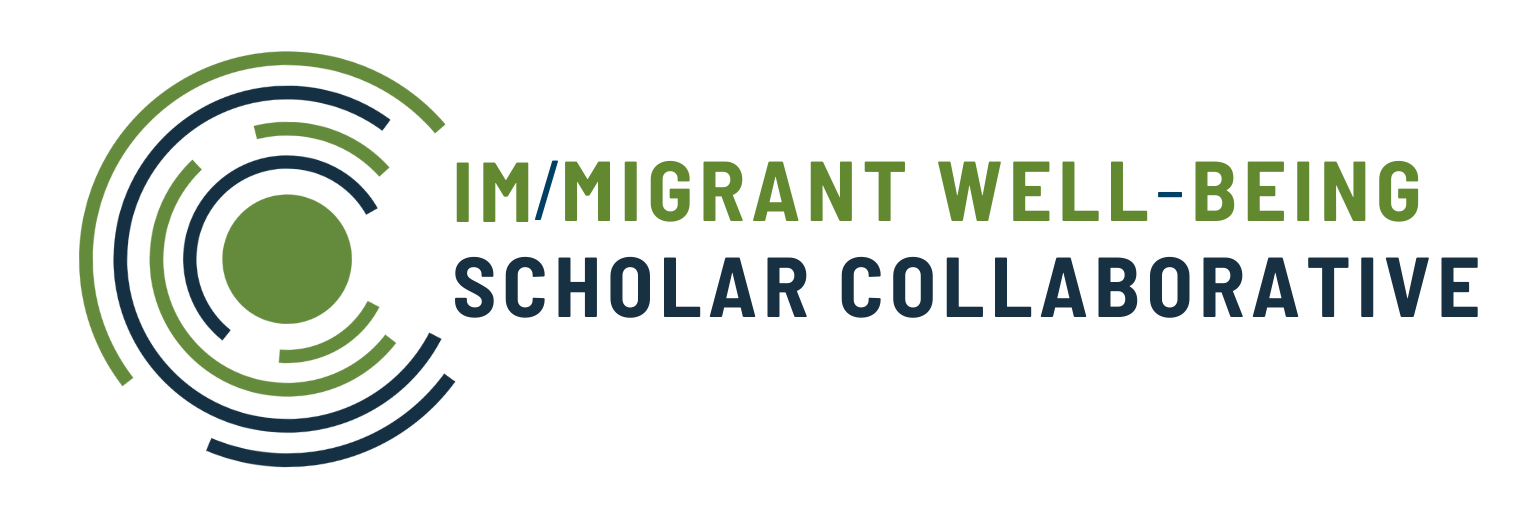As the 2024 presidential campaign is underway, Vice President Kamala Harris is closing the gap and surpassing former President Trump in key swing states like Arizona and Nevada. Immigration, is a significant policy issue in this election, particularly among Hispanics considering that 59 percent said immigration was “very important” to their vote in 2020. In 2024, analyzing the records and proposed policies for both candidates and their proposed VP picks are thus important as it is projected that immigration will be a key issue for all voters.
Similar to our analysis of Vice President Kamala Harris and her potential vice-presidential picks’ stances on immigration, we invite you to follow our second analysis of the Republican nominee and those of his vice-presidential pick, J.D. Vance.
Former President Donald Trump
During his presidency, Trump implemented various immigration policies, including stringent border regulations that expelled asylum seekers, restricted legal immigration, and attempted end the Deferred Action for Childhood Arrivals (DACA) program. If reelected, Trump is expected to reinstate some of these policies and propose new, more restrictive immigration policies.
Border Policy
Trump’s border policies led to the detention and expulsion of over 400,000 migrants under Title 42. His Executive Order 13769, known as the Muslim Ban, limited immigration from several predominantly Muslim countries. He plans to reimpose this ban and expand it to include more countries.
His “Remain in Mexico” policy sent over 70,000 migrants back Mexico to await their U.S. immigration hearings, resulting in more than 600 public reports of kidnapping, rape, or abuse. Trump also oversaw the separation of at least 3,900 children from their parents under his “zero tolerance” policy. If reelected, Trump aims to resume the “Remain in Mexico” program, undertake the largest domestic deportation initiative in American history, and target individuals with “jihadist sympathies.” To secure the border, he also plans to move thousands of troops from overseas, reassign federal agents to immigration enforcement, and continue building the border wall.
Immigration Pathways
Trump challenged legal immigration pathways, such as the end of the Diversity Visa Program, which offers visas to individuals from countries with low U.S. immigration rates. In light of the COVID-19 pandemic, he froze the processing of around 43,000 Diversity Visa winners, hoping their applications would expire by the end of the fiscal year. Trump also increased the denial rate for foreign skilled workers from 6 percent in 2015 to 32 percent in 2019, and the backlog of green card applications grew by over 35 percent by late 2017. If reelected, Trump plans to end birthright citizenship for children born to undocumented migrants, potentially affecting tens of millions of Americans.
Deferred Action for Childhood Arrivals (DACA)
In 2017, Trump sought to terminate DACA, but the U.S. Supreme Court ruled that his attempt violated the Administrative Procedures Act. The U.S. Department of Homeland Security (DHS) then limited DACA grants to one-year increments and rejected new applications. In September 2021, a Texas District Court Judge declared DACA unlawful and ordered U.S. Citizenship and Immigration Services (USCIS) to stop processing new applications. If reelected, Trump is expected to attempt to end DACA again.
Ohio Senator J.D. Vance
Current U.S. Senator J.D. Vance gained national attention after receiving Trump’s endorsement in the 2022 Ohio Republican Senate race. As Trump’s vice-presidential pick, Vance is celebrated by immigration hard-liners, such as RJ Hauman of the National Immigration Center for Enforcement, who stated, “The largest deportation effort in American history now has one hell of a co-pilot.”
Vance ranks highly on anti-immigration scorecards, with a 93 percent score from Heritage Action and an A-rating with NumbersUSA. These ratings reflect his record in the U.S. Senate, where he co-sponsored and voted on bills seen as harmful to im/migrant well-being. For example, in May 2023, Vance signed a resolution opposing a DHS policy intended to address the issue of U.S. citizen children from mixed-status families not applying for federal assistance due to fears that it might affect their families’ immigration status. The policy aimed to clarify that benefits like the Supplemental Nutrition Assistance Program (SNAP) do not impact immigration status determinations. Data shows that approximately 1 in 15 U.S. citizens live in a mixed-status households, with these families experiencing greater economic hardship compared to other immigration-status and U.S.-born families. Reversing the DHS policy would effectively deny millions of American children access to food, healthcare, and housing.
Vance also opposed the Bipartisan Border Security Package, criticizing it for not adequately addressing border security. He claimed, “[the] border security bill does nothing to secure the border” and emphasized the need to enforce stricter measures, citing an estimated 20 to 25 million undocumented immigrants in the U.S. Vance also used immigration fearmongering in his U.S. Senate campaign, including ads that claimed, “Joe Biden’s open border is killing Ohioans.” He aligns closely with Trump on immigration issues and vows to “oppose every attempt to grant amnesty” to undocumented migrants.
Conclusion
In November, voters will evaluate the presidential candidates’ track records and policy proposals on immigration. Both Trump and Vance have demonstrated strong anti-immigrant sentiment, supporting a U.S.-Mexico border wall and aiming to restrict immigration pathways. Immigration policy and the future of im/migrant well-being is a central issue on this year’s presidential ballot. To read more about the policy records of the Democratic ticket, Kamala Harris and her potential VP picks, check out our previous post.
Karla Madera Tejada is a recent graduate of The George Washington University, where she majored in Political Science and Criminal Justice. Her areas of expertise include immigration law research and policy, with a focus on the complexities and challenges of the U.S. immigration system.
Marko Sanchez serves as the Communications Intern at the Im/migrant Well-Being Scholar Collaborative. They assist in creating public-facing communications and content such as social media posts, website blogs, and press releases.

